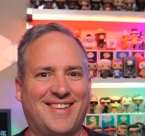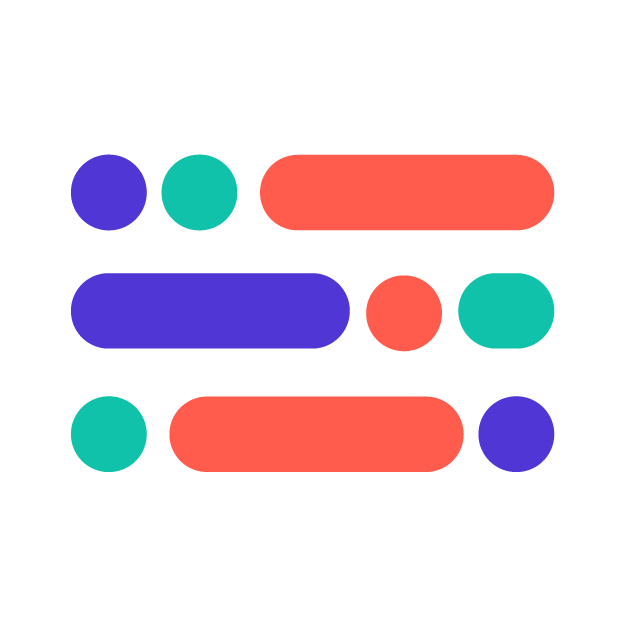Community is a crucial topic in developer marketing.
In this article, community experts talk about how you can link your community strategy to your goals and drive growth:
- Nisha Baxi (Head of Community and Digital Customer Success at Gong)
- Jeff Blankenburg (previous Chief Technical Evangelist at Amazon)
- Hall Hoyt (previous Head of Developer Community at Niantic, now Founder of Community Hall)
- JD Prater (Head Of Marketing at Graft)
Check out what they have to say. 👇
Building a developer community: How to get started
JD Prater
I'm curious to know, how do you even get started building a community? And how many communities can we all be a part of?
Jeff Blankenburg
I've actually had the good fortune of being around the Amazon Alexa since the beginning of the development platform. And one of the things that's been very obvious to me with all the places that I've worked at, is that there's always a small group of really passionate users that want to use your tools to solve a lot of their problems. It becomes their hammer to all of their nails.
If you can identify who those users are and help them foster, grow, and share their knowledge and experience with the rest of the world, you'll very quickly find that community starts to spring up around them, and of course, your tools as well.
So, I think that's always got to be the first step - who are my core users and how can I help them succeed?
Hall Hoyt
I agree with Jeff. You need to find that user-centric model when you're building out a community, and it's all about the relationship building as well. You need to understand their pain points and why they're using your tool because that's going to allow you to create the resources that the rest of the broader community’s going to need.
And also with those early adopters, you're going to use whatever they build or create to inspire the rest of the community and the rest of the ecosystem. So they're very important to start with and keep close to you throughout the entire process.
Even as you grow to thousands and hundreds of thousands, make sure you have those folks who are going to be your rock stars and inspire and innovate with your product. It just leads you to a better place for your community as a whole.

Nisha Baxi
That's exactly right. Thinking about those folks and then even just interviewing them.
Definitely start small. You've got your core group, but sometimes your core group is 2,000 people. Try and get this down to 50 people and then interview them.
You’d never create a product without product market fit, so you’d never have a community without community market fit. So what that would mean is having conversations with them, like, “Hey, we're going to build this thing, what do you want to get out of it? What’s important to you? How can I make your life easier?”
And then based on what they say, build a community that can match that.
There's a whole list of things that your company wants, and there's an entire list of things that your community platform could do or ideas that you have. But really, you should always be optimizing for what your community members and those key contributors actually want.
Just focus up on that and run some early experiments on that. That way, you can say, “Alright, now we've got our core 20 or 30 people,” and then that’ll just grow over time and it'll be as huge as Jeff Blankenburg’s community.
Jeff Blankenburg
As we think about all of those core people, the 20, 30, 50, 100, or however big it gets, you'll consistently find that one of the best things you can do is get them in touch with each other. Start a Slack community or start a place where they can communicate and share their ideas and passions together. And of course, you’ll be able to participate as well.
You'll find that a lot of the best feedback doesn't come from a one-on-one session or from an interview, but often it's just an inner discussion that we're having with other developers.
“Hey, how did you solve this problem?”
“Oh, I've got this workaround because x, y, and z doesn't work.”
And that's your cue to say, “Well, we should make x, y, and z work.” Those are the things that they're asking for without directly doing it.








